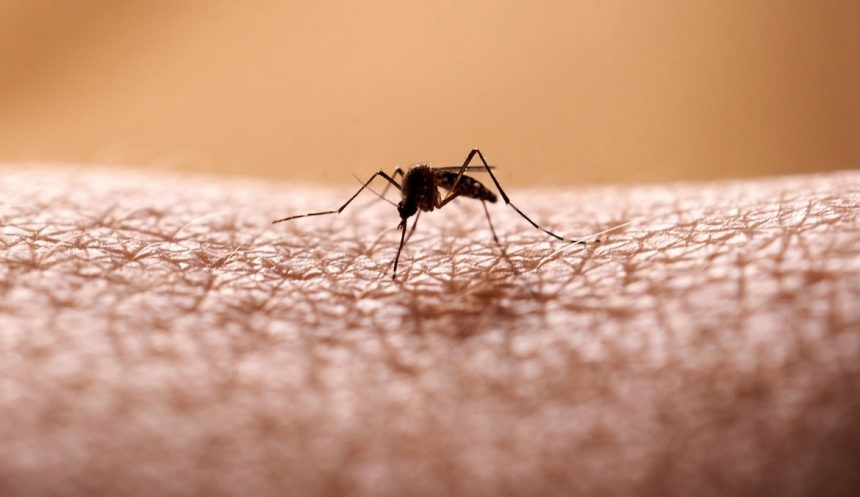Mosquito-borne illnesses are increasingly becoming a concern as we approach peak mosquito season. Notably, cases of Dengue fever at the Paris Olympics and West Nile virus and Eastern Equine Encephalitis (Triple E) in the U.S. have been on the rise. These illnesses can only be contracted through mosquito bites and can lead to severe complications.
Recent reports of individuals, including Dr. Anthony Fauci and a New Hampshire man, being affected by West Nile virus and Triple E highlight the serious nature of these diseases. The increase in mosquito-borne illnesses can be attributed to various factors such as a mild winter, warmer temperatures, and wet conditions that are conducive to mosquito breeding.
Both West Nile virus and Triple E have specific differences in how they are transmitted, their prevalence, and the regions where they are typically found. Prevention is crucial in protecting against these diseases as there is no specific treatment or cure once they are contracted.
Symptoms of these illnesses are similar and can range from mild to severe, with Triple E being more dangerous and having a higher fatality rate compared to West Nile virus. Treatment for severe cases involves supportive therapies to assist the body in healing.
Prevention methods such as avoiding outdoor activities during peak mosquito hours, using insect repellent, and eliminating standing water sources are essential in reducing the risk of contracting mosquito-borne illnesses. Stay informed and take necessary precautions to safeguard yourself and your loved ones from these potentially life-threatening diseases.





